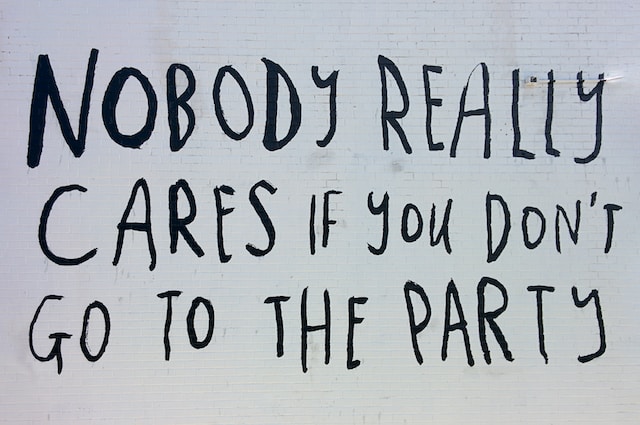Fear of missing out or FOMO, is the description used for a pervasive feeling that many people experience in today’s social media-driven world. FOMO is characterized by a sense of anxiety or stress that comes from the belief that other people are experiencing more fun, excitement, or success than oneself. While FOMO is not currently recognized as a mental health diagnosis, it is a phenomenon that may significantly impact an individual’s mental health and overall well-being.
Symptoms
Elhai and colleagues outlined that the symptoms of FOMO can include a compulsive need to check social media or other online platforms, constant comparison of oneself to others, feelings of envy or jealousy, difficulty making decisions or committing to plans, and a general sense of dissatisfaction or unhappiness. These symptoms are similar to those associated with anxiety disorders, as defined in the Diagnostic and Statistical Manual of Mental Disorders, Fifth Edition, Text Revision (DSM-5-TR).
In fact, some researchers have suggested that FOMO may be a specific subtype of social anxiety disorder, characterized by an intense fear of social rejection and a desire to fit in with others (Przybylski et al., 2013). Others have found significant links between FOMO and problematic smart-phone usage (Elhai et al., 2018), which is categorised as the type of usage that interferes with one’s life so much that it causes the individual to have problems at work, school or socially.
Chotpitayasunondh and Douglas, (2016) reported that a range of negative outcomes were associated with FOMO. These included decreased self-esteem, difficulty forming meaningful relationships, and even physical health problems such as insomnia and fatigue. If these are ongoing it may be a significant source of distress for those who experience it
Getting Help
Fortunately, there are a variety of treatment options available for individuals struggling with the negative outcomes associated with FOMO or related anxiety symptoms and disorders. By working with a qualified mental health professional, individuals can learn strategies to manage their symptoms, challenge negative thoughts and beliefs, and improve their overall well-being.
If you are struggling with FOMO or any other mental health concerns, it is important to seek support from a trained professional. The Centre for Clinical Psychology in Melbourne offers a range of services to help individuals overcome anxiety and other mental health challenges. To schedule an appointment, call 03 9077 0122 or visit their website at https://ccp.net.au/booking/.
References:
Chotpitayasunondh, V., & Douglas, K. M. (2016). How “phubbing” becomes the norm: The antecedents and consequences of snubbing via smartphone. Computers in Human Behavior, 63, 9-18.
Elhai, J. D., Levine, J. C., Dvorak, R. D., & Hall, B. J. (2018). Fear of missing out, need for touch, anxiety and depression are related to problematic smartphone use. Computers in Human Behavior, 87, 235-240.
Przybylski, A. K., Murayama, K., DeHaan, C. R., & Gladwell, V. (2013). Motivational, emotional, and behavioral correlates of fear of missing out. Computers in Human Behavior, 29(4), 1841-1848.



